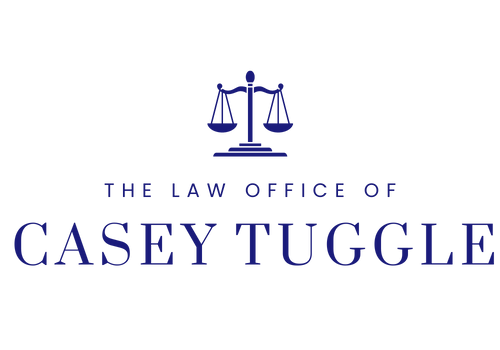Timeline of a Typical Family Law Case
One of the most common questions we hear is: “How long will my case take?”
The honest answer is: it depends. Every family law case moves at its own pace based on the facts, the level of cooperation, and the court’s schedule. But while no two cases are identical, most follow a similar path.
Below is a look at what a typical family law case timeline can include—from the first consultation to final resolution.
Phase 1: Getting Started (Weeks 1–4)
Your case begins with a consultation and the signing of a retainer. From there, your attorney drafts and files the initial pleadings, whether it’s a Petition for Divorce, Custody, or Legitimation.
The opposing party must then be served, either by sheriff, process server, or by signing an acknowledgment of service. Once served, they have 30 days to file an Answer or Counterclaim.
Note: If the other party is avoiding service, your case can stall here.
Possible Paths After Filing
Path 1: Early Settlement (30–60 days)
In cooperative cases, the parties may begin informal negotiations immediately. If an agreement is reached, a Settlement Agreement and Parenting Plan are drafted and signed, and the final documents are filed with the court.
An uncontested hearing is held (or in some cases, the judge signs the Final Order administratively), allowing the case to resolve quickly.
Best for: Cases where both sides are willing to compromise early for a peaceful resolution.
Path 2: Temporary Hearing Needed (2–4 months)
When custody, child support, or possession of the home needs to be addressed right away, your attorney can file a Motion for Temporary Relief.
The court usually schedules a hearing within 4–8 weeks (depending on the county). Temporary Orders are then entered, setting ground rules while the case continues.
Best for: Cases where immediate stability or financial support is needed during the pending litigation.
Path 3: Mediation Required (4–8 months)
Most contested cases go through mediation. Before that, there’s often a discovery phase (30–180 days) where both sides exchange documents, answer written questions, and, if necessary, take depositions.
Mediation may be court-ordered or voluntary, but in many Georgia counties it’s mandatory before a trial can be scheduled.
If mediation succeeds, the settlement is drafted and filed. If not, the case proceeds toward trial.
Best for: Resolving disputes without the time, cost, and emotional strain of trial.
Path 4: Full Trial Required (9–18+ months)
When no agreement can be reached, the case heads to trial. This phase can include:
Ongoing or completed discovery
Appointment of a Guardian ad Litem (GAL) in custody disputes
Pre-trial conferences and scheduling
Trial preparation, witness subpoenas, and trial briefs
Depending on the court’s backlog, simply getting a trial date can take months. High-conflict custody or complex property division cases often land here.
Best for: Cases with significant disputes over custody, property, or safety concerns.
Other Variables That Can Affect Timeline
Difficulty serving the opposing party
Emergency relief or protective orders
Custody evaluations or substance abuse assessments
GAL investigations
Contempt or enforcement motions filed mid-case
Opposing party being self-represented or uncooperative
Understanding these phases can help you feel more prepared for what’s ahead. Whether your case settles in 30 days or goes to trial over the course of a year, having a clear roadmap (and the right team supporting you) makes the process easier.
If you’re ready to take the next step, our team is here to guide you.

